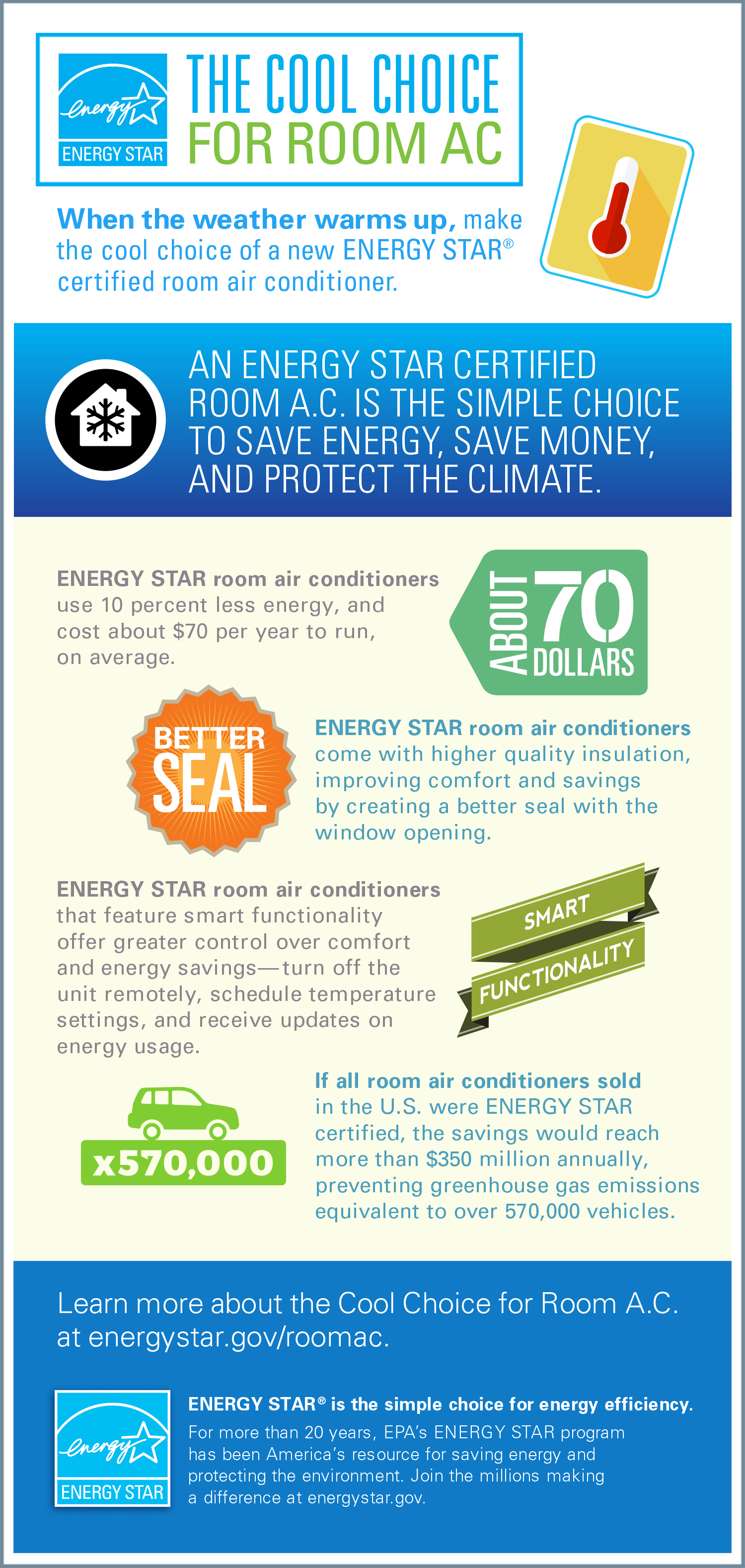Exploring The Environmental Benefits Of Warmth Pumps - A Sustainable Home Heating Remedy
Exploring The Environmental Benefits Of Warmth Pumps - A Sustainable Home Heating Remedy
Blog Article
Content By-Dickinson Smed
In a period where sustainability and power performance are critical, numerous businesses look for green home heating options. One such service is the heatpump.
A heat pump extracts the warmth in its environments and pumps it right into your home, resulting in one of the most efficient environment-friendly central heating unit around. This process also generates absolutely no greenhouse gas discharges, making it an extremely lasting innovation.
Power Performance
Heatpump are extremely power reliable and need little upkeep. They utilize less electricity than various other furnace and are by far the most environmentally friendly. They function well with rooftop solar and can frequently pay for themselves in energy savings alone.
They can also give cooling, which is wonderful for garage workshops, attic room hangouts and bonus spaces, and home additions without prolonging the existing ductwork. https://www.cartrade.com/blog/2015/auto-guides/tips-for-maintaining-cars-air-conditioner-1351.html can also be made use of for retrofits in existing homes with hydronic (water-based) distribution systems such as reduced temperature level radiators or glowing floorings.
Look for designs with SEER and HSPF ratings that satisfy or go beyond copyright's minimum requirements, in addition to the requirements in your area. Higher rankings imply higher efficiency, which conserves you cash in the future and lowers your carbon footprint. You may even get rebates and incentives! The most effective systems are those with a ground warmth exchanger for included performance. These systems can absorb thermal power from the ground during the winter season and essence it in the summer.
Reduced Greenhouse Gas Emissions
Heatpump operate on electricity and essentially transfer warm from the air, even when it's cool outside. They have the ability to remove the cost-free heat entraped in air bits and move them inside, lowering humidity while doing so.
Contrasted to gas furnaces, modern-day heatpump utilize less than one kilowatt of electricity per kilowatt of heating power they produce. This makes them the most energy reliable heating choice available with a POLICE OFFICER (Coefficient of Performance) of four or even more. By reducing the need for fossil fuels, heatpump help reduce greenhouse gas discharges and reduce other significant air contaminants.
Building decarbonization is an international necessary, and the a/c field is a crucial motorist of that process. Whether it's real estate investors making internet absolutely no commitments, policy makers establishing exhausts limits, or occupants demanding greener areas, electrical heatpump are being recognized as a vital service. They are a cost-efficient way to reduce carbon discharges by removing the need for fossil fuels in structures.
Versatility
Heatpump can be utilized in many sorts of homes and buildings-- with or without ducts. They deal with hot-water radiators, air-conditioning and programmable thermostats. They can change furnaces or be installed in new residences. They can run on solar panels, geothermal systems or even district heating sources like wastewater.
They're fantastic at delivering even more warmth per power system. For example, an air-source heatpump produces up to three or more heating units from each power device it takes in.
Getting the most from your heatpump will rely on your environment zone and top quality of insulation. Search for designs with ENERGY celebrity ratings and compare their SEER or HSPF specifications. In warmer climates, focus on SEER; in chillier regions, think about a system with a higher HSPF rating. Furthermore, purchase air securing and insulation to reduce the load on your heatpump. That will certainly boost energy effectiveness and aid you reach your Web Zero objectives faster.
Biomass Boilers
Biomass boilers make use of wood pellets, chips or logs to develop warm and warm water. They are a good choice for off-grid properties or those who want to leave the gas grid.
As a standalone heating unit, biomass can give adequate power to keep your home warm all year round without the typical warmth drop off of other renewable innovations. residential ducted air conditioning can additionally be made use of together with photovoltaic panels to increase savings and benefit from RHI settlements.
A downside of these systems is the upfront price and routine fuel shipments. Often, pellets will need to be blown into a gas shop using a vacuum cleaner system or they can be by hand fed into the central heating boiler with a hopper. Logs are normally self-sourced from neighboring forest or acquired wholesale. In addition to this, they call for manual loading and may need cleansing on a regular basis.